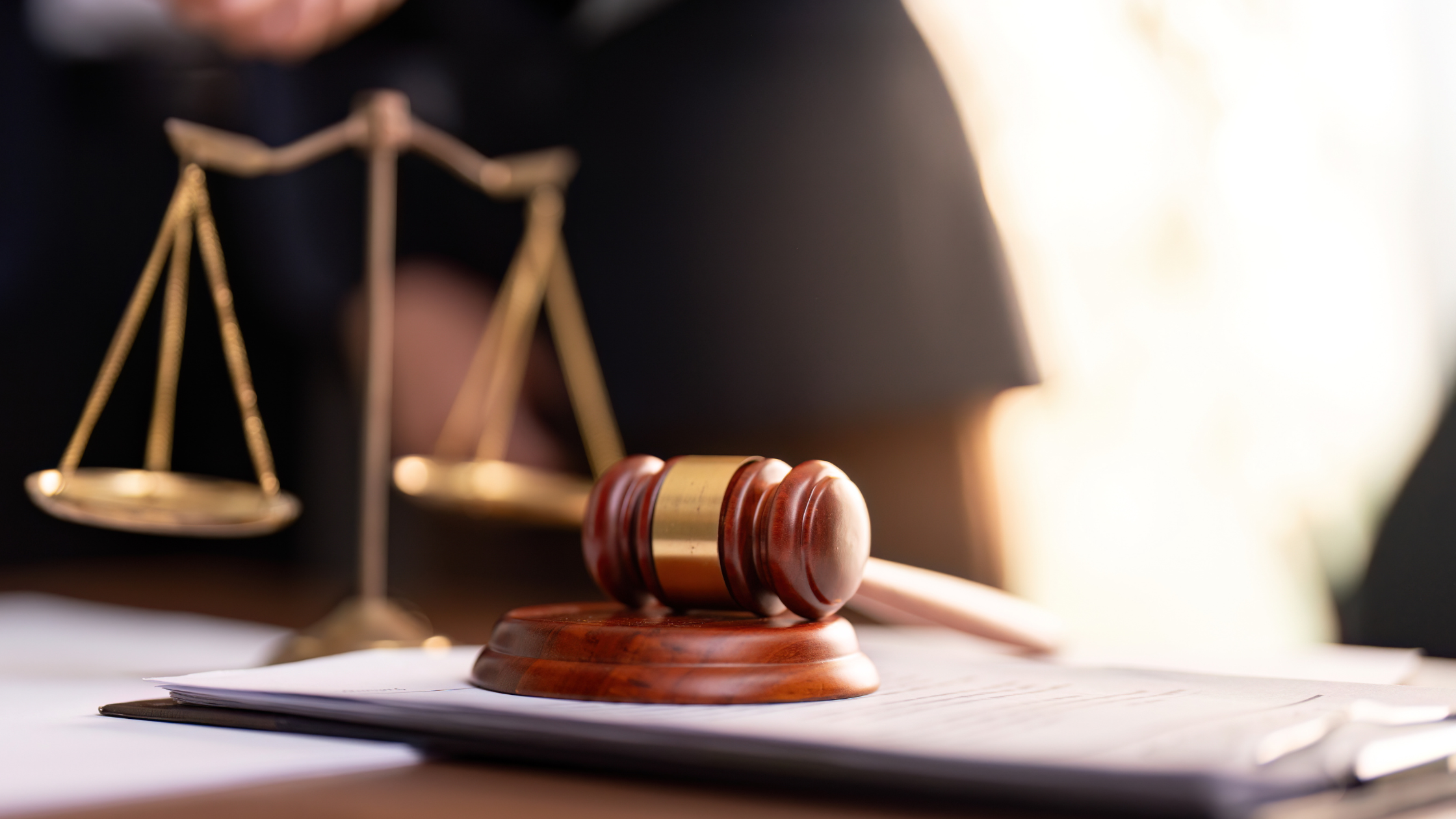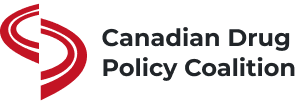By removing criminal penalties for personal drug use, we could support access to care, take steps to reduce stigma, and support well-being for all.

Decriminalization means replacing criminal penalties (like incarceration) for the possession of currently-illegal drugs with non-criminal penalties. If implemented properly, decriminalization minimizes interactions between people who use drugs and street-level policing. That is important because criminalization, and the interaction with the criminal legal system that it brings, subjects non-violent, otherwise law-abiding people to significant harm.
Interaction with the criminal-legal system – for example, arrest or jail sentences for possession of a small amount of an illegal drug – is strongly associated with negative impacts, including loss of employment and housing, increased risk of overdose upon release in the case of incarceration, and ministry involvement for parents leading to child apprehension.
Decriminalization Done Right
A Rights-Based Path for Drug Policy
There are benefits, drawbacks and significant limits to decriminalization. Evidence demonstrates that it is an effective framework for encouraging uptake of health and social services by people who use drugs and reducing crime and social disorder, drug-related littering, public drug use, and overall drug-related charges.1
However, decriminalization is limited in its potential to reduce the harms of our current drug policy, because it does not change the unregulated nature of the drug supply. This means that even under decriminalization, people who use illegal drugs still accessing the volatile, unpredictable, and adulterated drug supply and because of that, remain at risk of accidental overdose and/or death.
Beyond this, the non-criminal penalties that often replace criminal penalties, sometimes known as “diversion” mechanisms, still typically drive significant harm. These non-criminal penalties can still enforce the violence, stigmatization, displacement, and discrimination that many people who use drugs – particularly those who are additionally structurally marginalized by poverty, race, and housing status – experience. And, because police are still mandated to search and detain people suspected of possessing drugs, many people caught with drugs are still abused, this time “off-the-record,” and/or obliged to engage with the medical system, including through potentially harmful forced treatment, instead of being incarcerated.2
Outcomes of our Current Drug Policies
Explore Related Articles
- 67th Session of the Commission on Narcotic Drugs: Decriminalization as a Public Health and Human Rights Approach to Drug Policy
- B.C.’s Decriminalization Pilot and VPD Drug Seizures
- One year of decriminalization in BC: What’s really going on?
_____________
- June, 2018. Jesseman, R., & Payer, D. “Decriminalization: Options and Evidence.” Canadian Centre on Substance Use and Addiction. URL: https://www.ccsa.ca/sites/default/files/2019-04/CCSA-Decriminalization-Controlled-Substances-Policy-Brief-2018-en.pdf ↩︎
- Sept. 2018. Levy, J. “Is Decriminalisation Enough? Drug User Community Voices from Portugal.” International Network of People Who Use Drugs. URL: https://www.inpud.net/sites/default/files/Portugal_decriminalisation_final_online%20version%20-%20RevisedDec2018.pdf ↩︎
